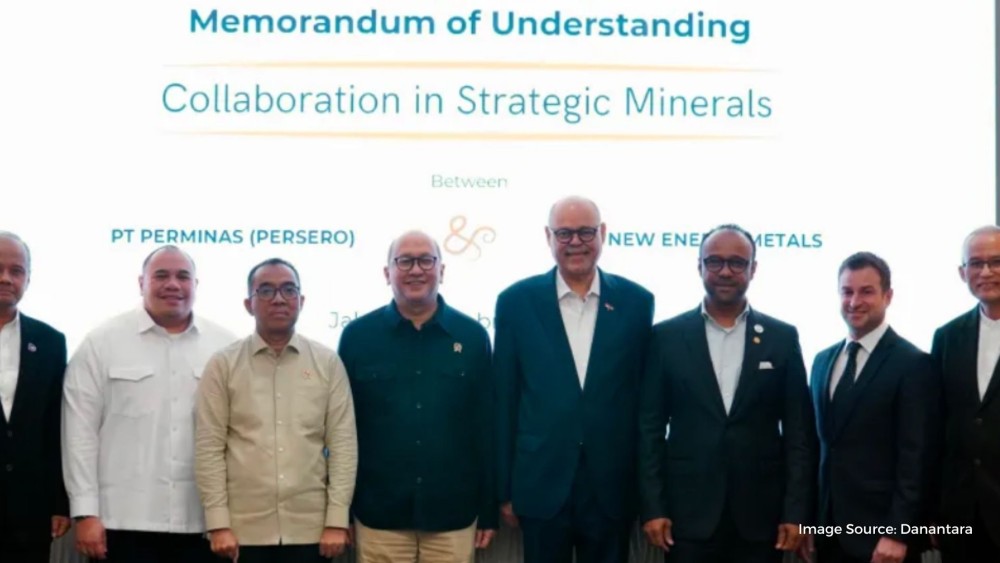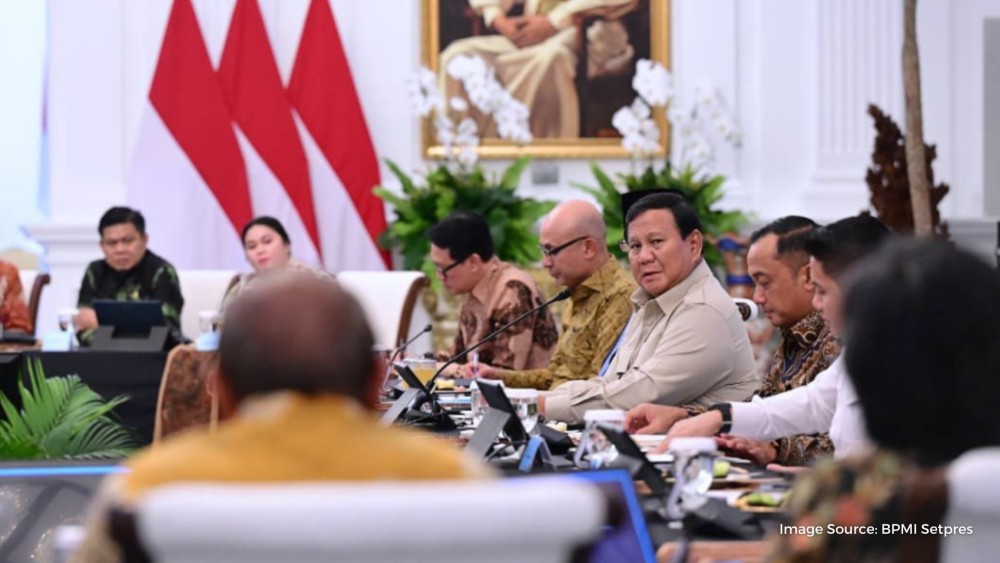Minister: Iran-Israel Crisis May Hit Indonesian Industries, Govt. to Focus on Mitigating Layoffs
24 Jun 2025

The escalating conflict between Iran and Israel is expected to have ripple effects on Indonesia’s industrial and employment sectors, particularly among export-oriented companies. Minister of Manpower Yassierli warned that rising geopolitical tensions could strain the country’s labor market, prompting the government to accelerate mitigation measures.
“At present, our focus remains on post-layoff efforts,” said Yassierli on Tuesday, June 24. “We’ve prepared a comprehensive mitigation plan with targeted steps, including enhanced support for laid-off workers through unemployment insurance benefits.”
The government anticipates that the Middle East conflict will weigh on global economic growth, with knock-on effects for domestic industries. As part of its strategy to safeguard purchasing power, wage subsidy assistance (BSU) will be distributed — one of five stimulus initiatives aimed at bolstering national economic performance in the second quarter.
Further mitigation measures include the provision of upskilling programs and assistance in connecting job seekers with new employment opportunities. According to Yassierli, these efforts are being coordinated across relevant government bodies to ensure a unified response.
“Geopolitical tensions must be addressed collectively, as their downstream impact ultimately affects employment,” he stated.
Industry players are also raising alarms. The Indonesian Employers Association (Apindo) reported early signs of disruption to global supply chains, with potential implications for Indonesia. Strategic commodities such as wheat, soybeans, natural gas, and fuel are at risk of supply shocks as the conflict intensifies.
Apindo Deputy Chairperson Sanny Iskandar previously noted that the turmoil is largely due to disturbances along key international trade routes — particularly the Strait of Hormuz, a critical chokepoint for global energy and goods transport.
This article is published in partnership with Katadata
Original article here






